
Physician Burnout: What It Is and Its Impact on Future Doctors
Physician burnout is a widely discussed topic among practicing physicians and public health researchers. Many ... Read more
Written by: Aaron Hamlin
Published on: August 1, 2016
Learn about different topics in healthcare policy and how current and future healthcare professionals can work in and shape our healthcare system.

Physician burnout is a widely discussed topic among practicing physicians and public health researchers. Many ... Read more
Written by: Aaron Hamlin
Published on: August 1, 2016
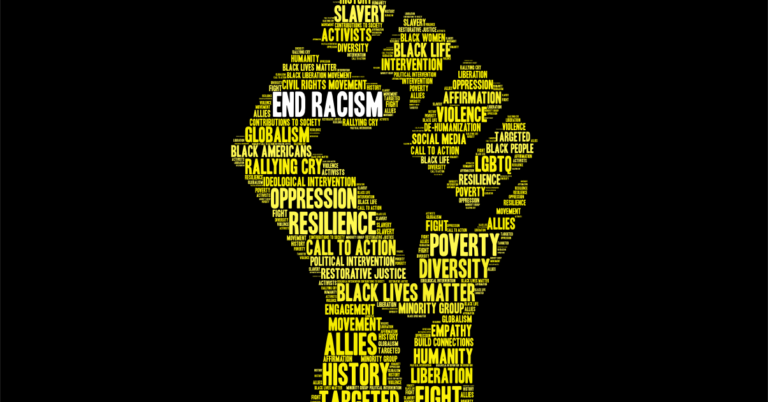
Reposted from here with permission. “Of all the forms of inequality, injustice in health care ... Read more
Written by: Suhas Gondi
Published on: July 27, 2016

It might actually come as a surprise to many would-be medical students that gender is ... Read more
Written by: Brian Wu
Published on: May 23, 2016

Junior doctors [and residents in the US] do a valuable and sometimes life-saving job for ... Read more
Written by: Anne Caler
Published on: April 7, 2016

The advent of the Affordable Care Act was meant, in part, to help to increase ... Read more
Written by: Brian Wu
Published on: March 31, 2016

Updated October 28, 2021. The article was updated to correct minor grammatical errors and formatting ... Read more
Written by: Brian Wu
Published on: February 29, 2016

Updated October 7, 2021. The article was updated to correct minor grammatical errors and to ... Read more
Written by: Becky McNeil BSN, RN, CCRN
Published on: February 23, 2016

What You Should Know is an ongoing series covering a range of informational topics relevant ... Read more
Written by: Brian Wu
Published on: January 26, 2016
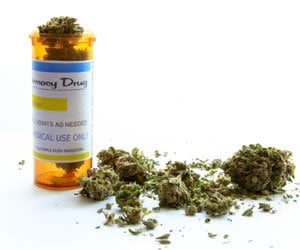
What You Should Know is an ongoing series covering a range of informational topics relevant ... Read more
Written by: Brian Wu
Published on: January 19, 2016
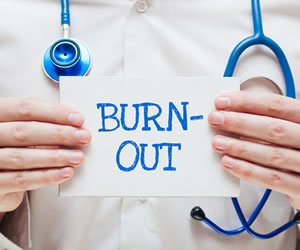
The days are long, the nights short – unless you’re on call or night float, ... Read more
Written by: Megan Riddle
Published on: June 5, 2015

My stomach sunk. The results of the biopsy were back and it was not good. ... Read more
Written by: Megan Riddle
Published on: April 20, 2015
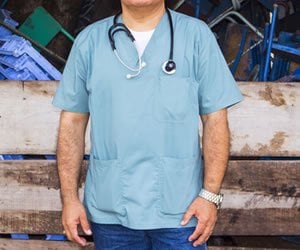
Lucy Doyle, M.D., had never imagined that life after residency could be so hard. But ... Read more
Written by: PracticeLink
Published on: March 6, 2015

Republished with permission from here. “What can you do here that we can’t do at home?” ... Read more
Written by: Kevin Dueck
Published on: January 28, 2015

There is no simple solution to physician suicide, but it begins with awareness and discussion.
Written by: Megan Riddle
Published on: September 8, 2014
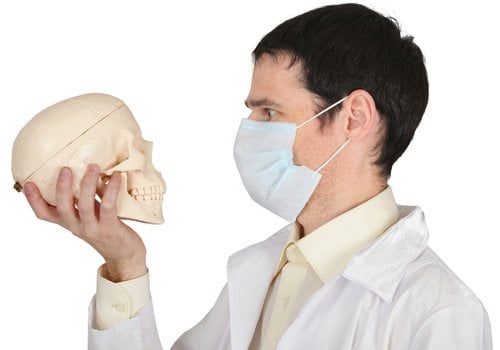
If Hamlet were a physician...
Written by: John F. Hunt, MD
Published on: March 25, 2014

The National Health Service Corps creates a win-win for doctors and underserved communities by financing medical education and bringing health care to those who need it most.
Written by: Christina Crisologo
Published on: February 25, 2014
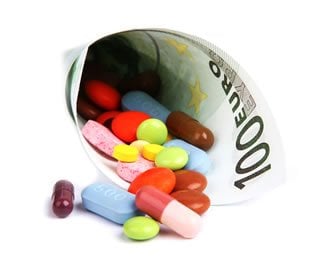
An American medical student compares his experience with the German health care system to health care in the U.S.
Written by: Andrew Nguyen
Published on: December 19, 2013
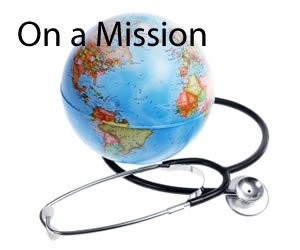
Is it a good idea to do a global health outreach trip to build your CV?
Written by: Alison Hayward
Published on: November 7, 2013
Dr. Alison Hayward discusses the pressure to practice beyond training limits during international missions.
Written by: Alison Hayward
Published on: June 27, 2013